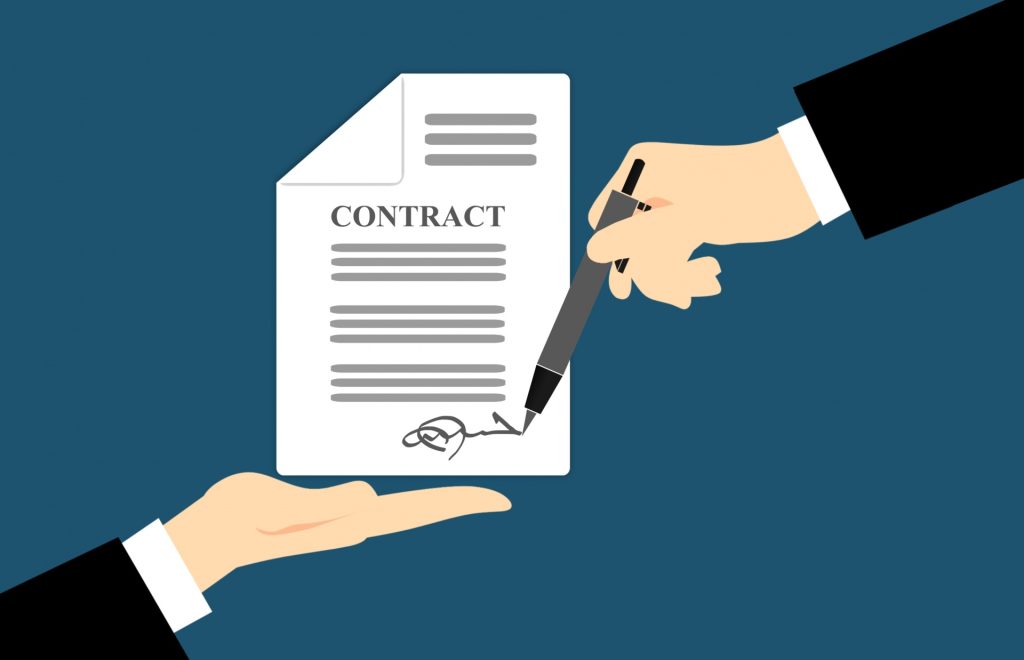
Digital signatures, both electronic and certificate-based, are widely used in Vietnam, where most Vietnamese businesses use them internally. As long as certain conditions are met, Vietnamese law acknowledges digital and electronic signatures as being as admissible and enforceable as “wet signatures.” Digital signatures typically have a higher degree of enforceability and acceptability than special-use electronic signatures. Vietnam permits the use of remote electronic signatures unless otherwise required by law, allowing parties to agree on the technology to be used.
Law on E-transactions 2023 is the primary law pertaining to electronic signatures. The mere fact that an electronic signature is used to express something does not, in general, negate its legal meaning. The legal value of a digital signature or special-use e-signature that has been certified for security is equal to that of a person’s “wet” signature on a paper document. A data message is considered to meet the legal requirement that a document be certified by an agency or organization if it bears the digital signature of that agency or organization or a special-use e-signature that has been validated for security.
According to Vietnam, a data message is any information that is generated, transmitted, received, and saved electronically. It is possible to create data messages from paper documents or during an electronic transaction. They can be sent via e-mail, telegrams, telegraphs, facsimiles, e-records, e-certificates, e-files, e-contracts, and other electronic data interchange formats.
1. Restrictions on individuals’ right to create and use of their own e-signature
The LET 2023 categorizes e-signatures into three types as below, none of which encompass e-signatures self-generated by individuals:
- specialized e-signatures, which are created and used by organizations for their “own private operations” in accordance with their function and tasks;
- public digital signatures, which are used for “public activities” and are secured by an e-certificate confirming the public digital signature issued by a qualified service provider; and
- specialized digital signature for official use, which are digital signatures used for official activities and are secured by an e-certificate confirming the specialized digital signature for official use issued by a qualified service provider
In contrast to the LET 2005’s more expansive definition of e-signatures, which may include signatures that people have made themselves, this classification severely restricts people’s capacity to produce and utilize their own e-signatures. A third-party service provider’s public digital signature may be mandatory for regular e-transactions under LET 2023.
2. Ambiguity regarding individuals’ specialized e-signatures
On one hand, Article 22.1(a) of the LET 2023 suggests that only organizations can create and use specialized e-signatures for their private operations. The recently issued draft decree on e-signatures and trust services also contains a form of an e-certificate of secured e-signature (Form No. 03), specifying that the subjects and scope of use of specialized e-signature only include organizations.
On the other hand, the E-Signature Draft Decree introduces several provisions indicating that organizations, if qualified, can generate specialized e-signatures for individuals within their system. For example, under the E-Signature Draft Decree, an organization holding a secured specialized e-signature must store information of individuals creating and using specialized e-signatures (Article 15.2), establish a technical system to restore and update information of subscribers (Article 11.2(a)), and are entitled to issue an e-signature certificate for others (Article 8). If this view is adopted, this could facilitate e-commerce platforms (e.g., Momo, Lazada) in providing e-signatures to their users for executing transactions on their platforms.
3. Several forms of e-verification are no longer considered e-signatures under the LET 2023
The LET 2023’s classification of e-signatures excludes various forms of e-verification (e.g., OTP, SMS, scanned signatures) from being considered e-signatures. The draftsman of the LET 2023 also confirmed this view. This approach seems to be more restrictive than the LET 2005, which considers these types of verification as e-signatures in e-transactions.
While these e-verification methods do not constitute e-signatures under LET 2023, they may still be recognized as “other electronic authentication means” for showing approval in an e-transaction under Article 22.4 of the LET 2023. Additionally, Article 400.4 of the Civil Code 2015 also supports this perspective by allowing parties to accept contracts through alternative means besides signing. However, one may strictly view that individuals can only utilize such e-verification methods if sector-specific laws explicitly allow since Article 22.4 requires such other electronic authentication forms to be “in accordance with the relevant laws.” If this is the case, an individual will be required to have a specialized e-signature or public digital signature to execute e-contracts, potentially limiting their freedom to choose consent formats, contrary to the principle under Article 4.2 of LET 2023.
Contact Our Legal Experts
At TLA, our experienced attorneys specialize in diverse legal fields, including criminal, civil, corporate, and family law. We provide comprehensive legal support and personalized advice.
For Expert Legal Consultation, Contact Us:
1. Lawyer Vu Thi Phuong Thanh – Director of TLA Law Firm, Hanoi Bar Association.
Email: vtpthanh@tlalaw.vn
2. Lawyer Tran My Le – Chairwoman of TLA Law Firm’s Members’ Council, Hanoi Bar Association.
Email: tmle@tlalaw.vn
Address: Floor 7, No. 6 Duong Dinh Nghe Street, Yen Hoa, Cau Giay, Hanoi
Website: https://tlalaw.vn/
Hotline: 0906246464
_Phi Ngoc Dung_

